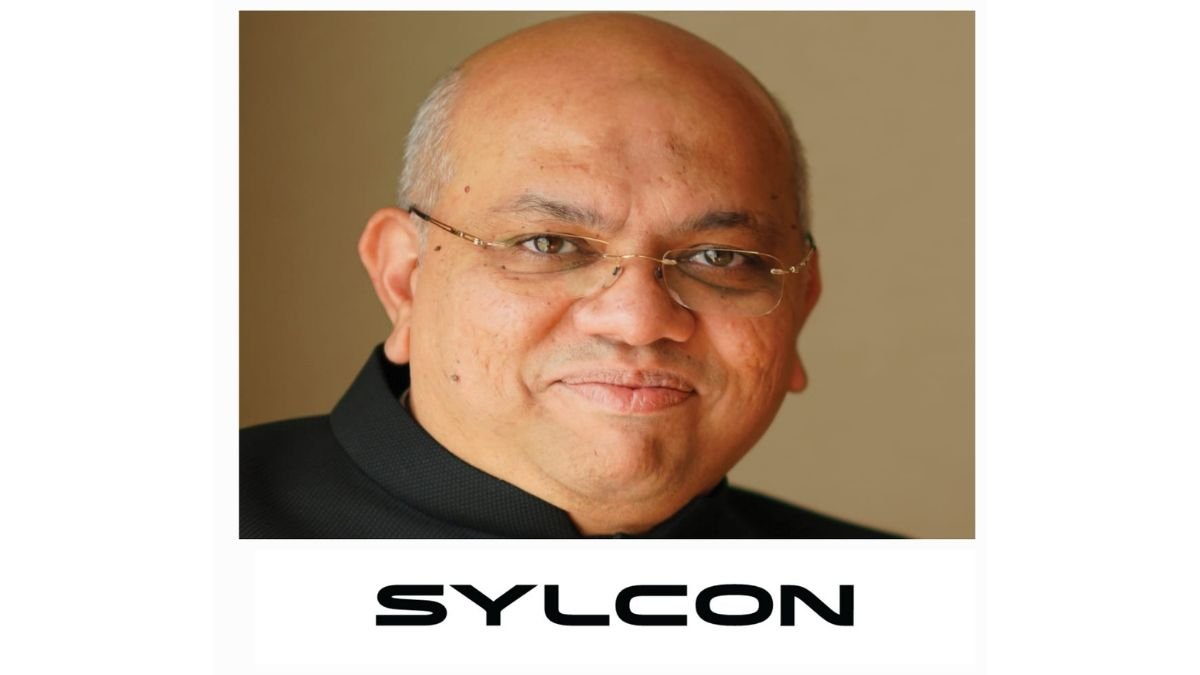
New Delhi (India), August 18: Making, keeping, and growing money are three entirely different skills. You might be a pro at making money, but financial freedom will always be a distant dream if you cannot keep it and grow it.
Growing your money is not just about working harder but working smarter. And that’s where investing comes into play. It’s reliable to help you build a retirement corpus, achieve your financial goals, and even create wealth.
But with many investment options available, choosing the right one can feel overwhelming.
The choices are many, from stocks and mutual funds to FDs and real estate. Each one has its own set of benefits and risks, and what works for one might not work for another.
Today, we will discuss one investment option that can be a game-changer when used right – Bonds.
Understanding Bonds
“We’ve always believed that bonds and maybe not stocks are the right stepping stone for most Indians—better than FD returns but lower risk than stocks.”-Nithin Kamath, CEO of Zerodha
Usually issued by corporations or governments, bonds are a type of debt investment that institutions use to raise funds for their projects. In exchange, they offer investors predictable returns until the bond’s maturity date.
Consider bonds as a loan you give to an organization, like a company or the government. Just like when you take a loan from a bank, you need to pay interest; these organizations also pay you interest for the money you lend them.
Let’s take an example. Suppose you buy a bond worth Rs. 10,000 with an interest rate (also known as a coupon rate) of 7% per year, which matures in 5 years. This means you’re lending Rs. 10,000 to the organization, and every year, you’ll receive 7% of Rs. 10,000, which is Rs. 700, as interest. After 5 years, when the bond matures, you’ll get your initial Rs. 10,000 back.
So, bonds are similar to Fixed Deposits (FDs). In FDs, you deposit a lump sum amount in a bank, earn interest, and get your principal amount back after a certain period. The difference is that with bonds, you’re lending to organizations instead of depositing money in a bank.
Types of Bonds
1. Government Bonds (State + Central)
Government Bonds are issued by the central and state governments. They are considered the safest bonds as they come straight from the government, the most reliable institution when it comes to money.
The most common examples are Dated G-secs, T-bills, and State Development Loans.
2. Corporate bonds (PSUs)
PSU Bonds are issued by Public Sector Undertakings (PSUs), companies owned by the government with at least 51% stake. PSUs issue bonds with credit ratings that indicate their default risks, with higher credit ratings indicating a relatively safer investment.
Investing in PSU bonds carries a higher risk than investing in government bonds because only some PSU bonds are guaranteed by governments. However, because the PSU is owned and supported by the government, there is an implicit government guarantee applicable to all PSU bonds.
3. Corporate Bonds (Private)
Private corporations, like Non-Banking Financial Companies (NBFCs), are major issuers of corporate bonds. In fact, NBFCs are among the most common issuers of these bonds in the market.
They are riskier than Government and PSU bonds because they need to generate revenue and profit to be able to repay their debt obligations. As a result, the returns on these bonds are higher to compensate for the additional risk.
However, not all private company bonds are equal; some carry a higher risk because they are issued by companies that are more likely to default on their debt, whereas others are more secure and strong than others because their business models are more secure, making them less risky.
Dezerv has an impressive directory of all the corporate bonds that have been issued in India.
Who should consider investing in bonds?
If you have one of the following requirements, you can consider investing in bonds.
1. Predictable & Regular Income: If you want a steady income, consider investing in government bonds. These are low-risk investments that provide regular interest income. They suit conservative investors like retirees who need a regular income stream because they pay interest payments twice a year.
2. FD Beating Returns: If you want to earn higher returns than FDs without taking too much risk, consider investing in corporate bonds. These instruments have the potential to offer higher returns than FDs. They are suitable for moderate-risk investors looking for better returns than FDs with lower risks than stocks.
3. Portfolio Diversification: If you want to diversify your portfolio, consider investing in a mix of FDs, Bonds (Government and Corporate), Equity Mutual Funds, and Stocks. Diversification helps to spread the risk across different types of investments. It is suitable for all investors as it helps balance the portfolio’s risk and returns.
The goal is to reduce risk by diversifying investments. If one investment performs poorly, others may perform well and balance out the overall portfolio. The 60:40 portfolio is a common diversification approach, where 60% is allocated to equities and 40% to bonds.
However, this ratio can be adjusted depending on your risk tolerance, investment horizon, and financial goals. For instance, a young investor with a high-risk tolerance might prefer a 70:30 equity-to-fixed income ratio, while a conservative investor nearing retirement might choose a 40:60 ratio.
4. Entry into Capital Market: If you are new to the capital market and want to start with a less risky option, consider investing in government bonds. Once you are comfortable with the market dynamics, consider investing in Stocks. This approach suits beginners willing to learn about the capital market and gradually increase their risk appetite.
Including bonds in your investment portfolio is essential for maintaining balance. They offer dependable income and principal protection, which can act as a stabilizing force against riskier assets.
This approach helps minimize market fluctuations and ensures your investments align with your financial aspirations.
If you have any objection to this press release content, kindly contact pr.error.rectification[at]gmail.com to notify us. We will respond and rectify the situation in the next 24 hours.














